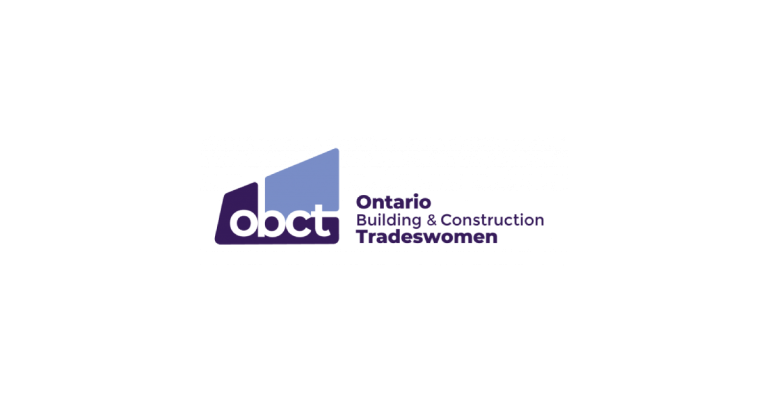What Employers and Employees Need to Know About the Canada Training Benefit

Jan 14, 2020
By Michelle Branigan
While the time is always right to think about professional development and skills training, the new year marks a symbolic opportunity to make some career resolutions. Today’s evolving nature of work means that it’s likely workers will change jobs a few times over the course of their career, and emerging technologies in the workplace constantly require new skills and adaptability. With the federal government’s Canada Training Benefit (CTB) taking effect as of January 1, 2020, employers and workers across the country now have a flexible tool at their disposal when it comes to training and upskilling.
There are a few restrictions around accessing the CTB: workers must between the ages of 25 and 64 with incomes between $10,000 and $150,000. The CTB is a refundable tax credit of $250 per year — which accumulates if unused up to a lifetime maximum of $5,000 — and can be applied at any time to up to 50% of the cost of training programs or courses at colleges, universities or other eligible institutions. For example: a worker this year could undertake a $1000 training course and receive a $250 tax credit. In that same example, a worker could not use the CTB for 4 years, accumulate $1000 in tax credits, take the same $1000 training course, but only claim $500 as 50% of the training cost.
As we all know, training also requires time away from regular duties. To make this possible, workers completing training may also apply for up to four weeks of paid leave every four years at 55% of their average weekly earnings with the new Employment Insurance Training Support Benefit (EITSB). This benefit, slated to come into effect later in 2020, offers flexibility to access courses and training with the peace of mind of financial security. For example: once EITSB comes into effect, a worker could take three weeks off for training this year, one week off in 2022, and then have used up their allocated training time until 2024. Alternatively, a worker could take one week off a year, or all four weeks off in one year, et cetera.
While managing training leave might be more manageable for medium to large employers, this process can have a larger impact on small businesses. To compensate for this, the program also includes an EI premium rebate for small businesses, which aims to offset upward pressure on EI premiums as a result of the new benefit.
While the goal of the benefit is to address some of the barriers workers face in completing ongoing learning and retraining, employers will reap the benefits of skilled and capable employees. Workers able to adapt and upgrade their skills add value to the whole organization, and the benefit allows employees to be proactive about their career development. By aligning training opportunities jointly between employer and employee, career goals can align with business needs, while minimizing the disruption of time on leave.
As Canada’s labour market shifts owing to increases in automation and digital transformations, the types of jobs available and the skills and knowledge they require are changing as well. The responsibility for keeping up with current skills and practices rests with both the employer and the employee, and the CTB is a flexible tool aimed at helping both make the most of external training opportunities available.
Michelle Branigan is CEO, Electricity Human Resources Canada.

















